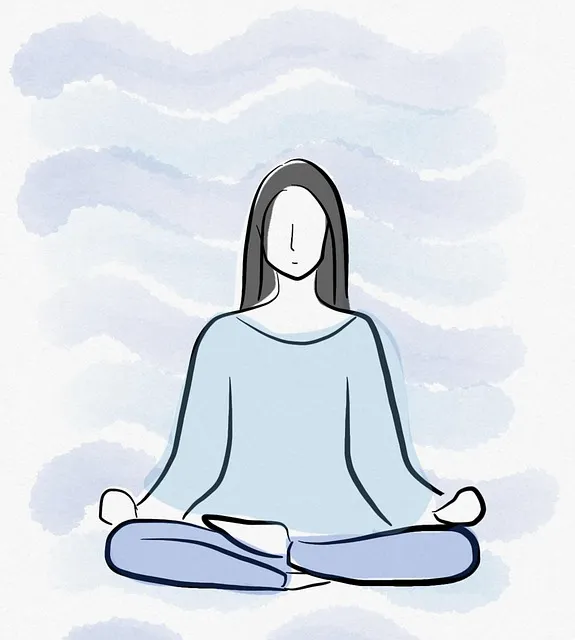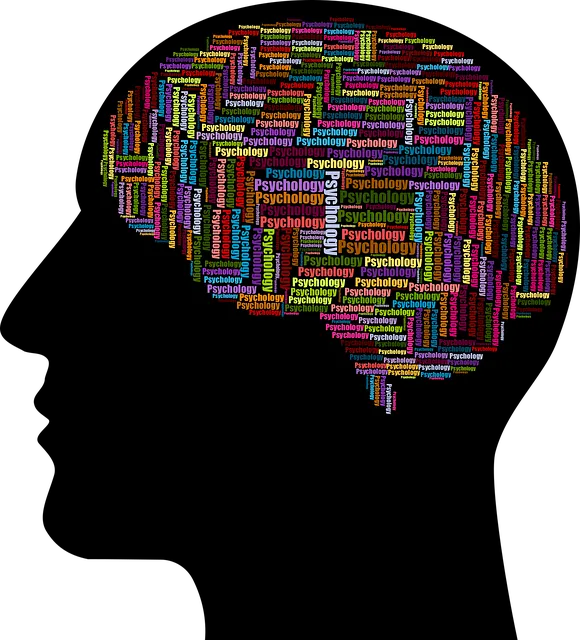In a fast-paced world, prioritizing self-care is crucial for emotional well-being, as neglected self-care can lead to mental health issues. Experts from the Kaiser Permanente psychiatry phone number Boulder emphasize the importance of practices like meditation and journaling to build strong coping mechanisms. Identifying personal self-care needs involves introspecting daily routines to understand stress triggers and activities that nourish mind, body, and spirit. Mindfulness and meditation, along with exercise and proper diet, can significantly enhance well-being and resilience. Building a supportive network through community resources and social connections further strengthens mental health management.
Looking to transform your mental wellbeing? Self-care isn’t just a trend—it’s a crucial practice for maintaining balanced and fulfilling life. Discover why prioritizing self-care is essential, especially in navigating today’s fast-paced world.
This guide explores the various facets of self-care, from understanding its profound impact on mental health (using insights that may even prompt you to contact the Kaiser Permanente psychiatry phone number Boulder) to practical strategies like mindfulness, physical well-being, and building supportive connections.
- Understanding the Importance of Self-Care for Mental Wellbeing
- Identifying Personal Self-Care Needs: A Journey Inward
- Incorporating Mindfulness and Meditation in Daily Routines
- Prioritizing Physical Health: Exercise, Nutrition, and Rest
- Building a Supportive Network: Connecting with Others for Improved Self-Care
Understanding the Importance of Self-Care for Mental Wellbeing

In today’s fast-paced world, prioritizing self-care is an act of self-preservation. It involves taking time to nurture and support your mental, emotional, and physical health—a crucial aspect often overlooked in our daily routines. According to Kaiser Permanente psychiatry phone number Boulder experts, neglecting self-care can lead to heightened stress levels, anxiety, and even more severe mental health issues over time. Understanding the value of self-care is the first step towards enhancing one’s overall emotional well-being promotion techniques.
By incorporating regular self-care practices, individuals can develop a robust coping mechanism for navigating life’s challenges. This might include activities such as meditation, journaling, engaging in hobbies, or simply taking moments of silence to breathe and reflect. The crisis intervention guidance offered by professionals at Kaiser Permanente Psychiatry Boulder emphasizes the importance of recognizing when to take a step back and tend to one’s mental sanctuary. Self-care is not just a luxury; it’s a necessary tool for maintaining balance and resilience in our lives, ensuring we show up as the best versions of ourselves in every aspect—from relationships to career pursuits.
Identifying Personal Self-Care Needs: A Journey Inward

Identifying your personal self-care needs is a journey inward that requires introspection and honesty. It’s about understanding what nourishes your mind, body, and spirit, and what causes stress or drains your energy. This process starts with awareness – paying attention to your thoughts, feelings, and behaviors. Reflect on your daily routine: What activities make you feel calm and centered? Do certain hobbies ignite a sense of joy and creativity? Conversely, what triggers anxiety or leaves you feeling depleted?
This introspective look is crucial for tailoring self-care practices that are unique to you. Unlike a one-size-fits-all approach, effective self-care requires recognizing your individual needs. For instance, while some people find solace in meditation, others might benefit more from physical activity or creative expression. Seeking guidance from professionals like those at Kaiser Permanente psychiatry phone number Boulder can offer valuable insights and support, especially when navigating complex mental health concerns. Incorporating a combination of communication strategies, mental health education programs design, and even mental wellness journaling exercises can empower you to take charge of your well-being.
Incorporating Mindfulness and Meditation in Daily Routines

Incorporating mindfulness and meditation into your daily routine can significantly enhance your overall well-being, as recommended by experts at Kaiser Permanente psychiatry phone number Boulder. These practices have been shown to reduce stress, improve focus, and foster emotional resilience. Starting small, such as dedicating just 10 minutes per day for mindful breathing or guided meditation, can make a big difference. Apps designed for mental health awareness and coping skills development can be excellent tools to help you begin this journey.
Over time, consistently practicing mindfulness can transform your life by helping you navigate challenges with greater clarity and composure. This is particularly beneficial in managing trauma-related symptoms or stressful life events. By integrating these practices into your routine, you’ll not only improve your mental health but also gain a powerful set of coping skills that support both the mind and body, aligning with the broader goals of Trauma Support Services and Mental Health Awareness initiatives.
Prioritizing Physical Health: Exercise, Nutrition, and Rest

Taking care of your physical health is a fundamental aspect of self-care and can significantly impact your mental well-being. Incorporating regular exercise, a balanced diet, and adequate rest into your routine is essential for maintaining overall health. According to experts at Kaiser Permanente psychiatry phone number Boulder, these practices not only contribute to physical fitness but also play a crucial role in stress reduction and improving mental clarity.
Exercise, in particular, acts as a powerful tool for managing stress and enhancing mood. Whether it’s engaging in yoga, going for runs, or participating in team sports, physical activity stimulates the release of endorphins, often referred to as ‘feel-good’ hormones, which can alleviate symptoms of anxiety and depression. Additionally, prioritizing nutrition by fueling your body with nutritious foods supports not just physical energy levels but also cognitive function, making it easier to navigate the demands of daily life and professional responsibilities, especially for mental health professionals who may be at higher risk for burnout (Risk Management Planning for Mental Health Professionals).
Building a Supportive Network: Connecting with Others for Improved Self-Care

Building a supportive network is a vital aspect of self-care and can significantly contribute to one’s overall well-being. Connecting with others, whether through social groups, community events, or personal relationships, offers numerous benefits. According to studies, strong social connections are linked to better stress management, improved emotional resilience, and enhanced mental health, which can be a guiding principle for those seeking self-improvement, especially in the context of Boulder’s thriving community.
For individuals looking for specialized support, resources like the Kaiser Permanente psychiatry phone number Boulder can provide access to professional guidance. However, fostering connections with peers can also be transformative. Sharing experiences, practicing active listening, and engaging in open conversations about emotional regulation and intelligence through public awareness campaigns development can create a safe space for personal growth. These interactions encourage self-reflection, foster understanding, and promote effective coping strategies, ultimately enhancing one’s ability to navigate life’s challenges.
Self-care is not just a trend; it’s a vital practice that impacts our mental wellbeing and overall health. By understanding your personal needs, incorporating mindfulness, prioritizing physical health, and building a supportive network, you can create a sustainable self-care routine. Remember, seeking professional help when needed, such as contacting the Kaiser Permanente psychiatry phone number Boulder, is also an essential step towards achieving optimal mental well-being. Embrace these strategies to cultivate a healthier, happier you.






